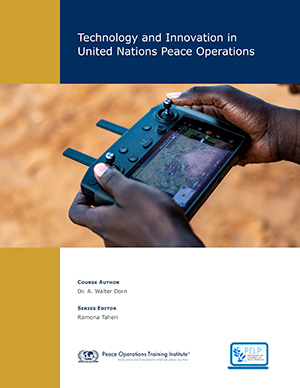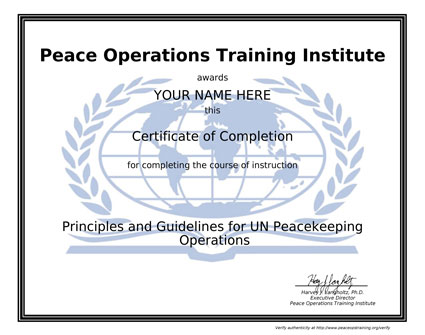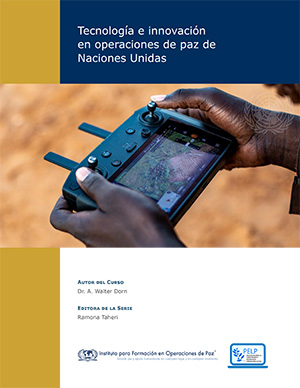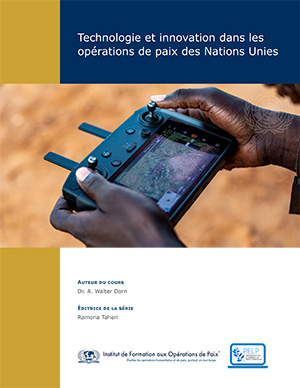Technology has transformed peace operations. This course explores the current and emerging landscape of technology in the field, including its use by the UN and non-State actors. It also seeks to strike a balance between the wonders of technology and its negative consequences. Overall, this course aims to help peacekeepers navigate new and familiar technologies in the field.
About the Author: Dr. Walter Dorn is a Professor of Defence Studies at the Royal Military College of Canada (RMC) and the Canadian Forces College (CFC). Dr. Dorn is a scientist by training (with a PhD in Chemistry from the University of Toronto) whose doctoral research was on chemical sensing, especially for arms control. He participated in negotiating, ratifying, and implementing the Chemical Weapons Convention (CWC) while working at Parliamentarians for Global Action (1992 to 1993). His interests cover international and human security, especially UN field operations for peacekeeping and peace enforcement.
Número de páginas: 150 [Inglés]
Editorial: Instituto para Formación en Operaciones de Paz (POTI) [30-11-2023]



